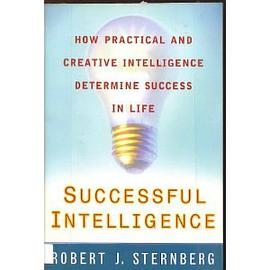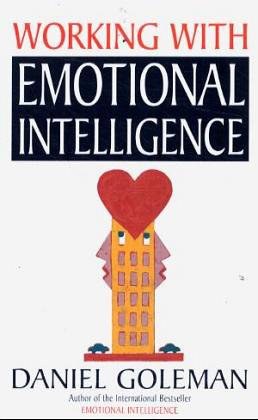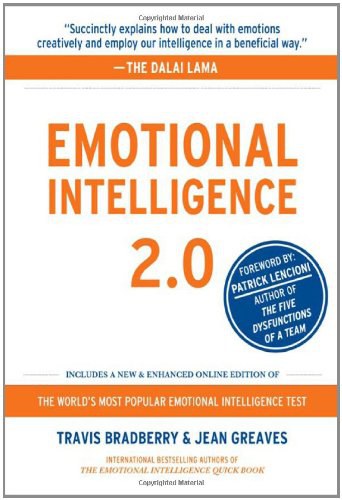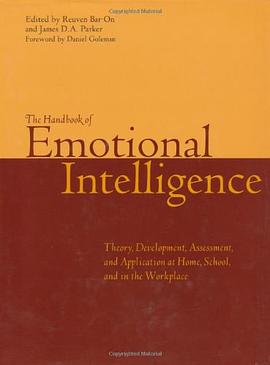Successful Intelligence 豆瓣
作者:
Robert J. Sternberg
Plume
1997
- 10
From Publishers Weekly
If Sternberg is right, IQ tests measure only "inert intelligence," academic knowledge that does not necessarily lead to goal-directed action or real-world problem-solving. Professor of psychology and education at Yale, he argues that a different type of brain power, "successful intelligence," determines one's ability to cope in career and in life. "Successfully intelligent" people capitalize on their strengths and correct or compensate for their weaknesses; self-motivating and flexible in their work style, they create their own opportunities, actively seek out role models, recognize and accurately define problems and know when to persevere. Of particular interest is Sternberg's contention that successful intelligence can be nurtured and developed in our schools by providing students with curricula that will challenge their creative and practical capabilities, not just their analytical skills. Although successful intelligence, as defined here, eventually comes to sound like a catch-all category for positive mental habits, this insightful, savvy guide will help readers avoid self-sabotage and translate thought into action. BOMC and QPB alternates.
Copyright 1996 Reed Business Information, Inc. --This text refers to an out of print or unavailable edition of this title.
From Booklist
When the subject is human intelligence, our society, argues Yale psychology professor Sternberg, is far too fixated on IQ. Such tests--and most other academic measures of achievement--typically gauge one's ability to memorize material, what the author terms "inert intelligence." Unfortunately, memorization does not equal success in life. According to Sternberg, people need to develop and nurture three types of intelligence for personal and professional success: analytical, creative, and practical. He defines each and provides commonsense ways for people to foster them. Another key is mental flexibility: being able to adapt to situations and to rethink that which we thought we already knew. Writing simply and without a bit of jargon, Sternberg successfully challenges the common notions of what intelligence is and isn't Brian McCombie --This text refers to an out of print or unavailable edition of this title.
If Sternberg is right, IQ tests measure only "inert intelligence," academic knowledge that does not necessarily lead to goal-directed action or real-world problem-solving. Professor of psychology and education at Yale, he argues that a different type of brain power, "successful intelligence," determines one's ability to cope in career and in life. "Successfully intelligent" people capitalize on their strengths and correct or compensate for their weaknesses; self-motivating and flexible in their work style, they create their own opportunities, actively seek out role models, recognize and accurately define problems and know when to persevere. Of particular interest is Sternberg's contention that successful intelligence can be nurtured and developed in our schools by providing students with curricula that will challenge their creative and practical capabilities, not just their analytical skills. Although successful intelligence, as defined here, eventually comes to sound like a catch-all category for positive mental habits, this insightful, savvy guide will help readers avoid self-sabotage and translate thought into action. BOMC and QPB alternates.
Copyright 1996 Reed Business Information, Inc. --This text refers to an out of print or unavailable edition of this title.
From Booklist
When the subject is human intelligence, our society, argues Yale psychology professor Sternberg, is far too fixated on IQ. Such tests--and most other academic measures of achievement--typically gauge one's ability to memorize material, what the author terms "inert intelligence." Unfortunately, memorization does not equal success in life. According to Sternberg, people need to develop and nurture three types of intelligence for personal and professional success: analytical, creative, and practical. He defines each and provides commonsense ways for people to foster them. Another key is mental flexibility: being able to adapt to situations and to rethink that which we thought we already knew. Writing simply and without a bit of jargon, Sternberg successfully challenges the common notions of what intelligence is and isn't Brian McCombie --This text refers to an out of print or unavailable edition of this title.



